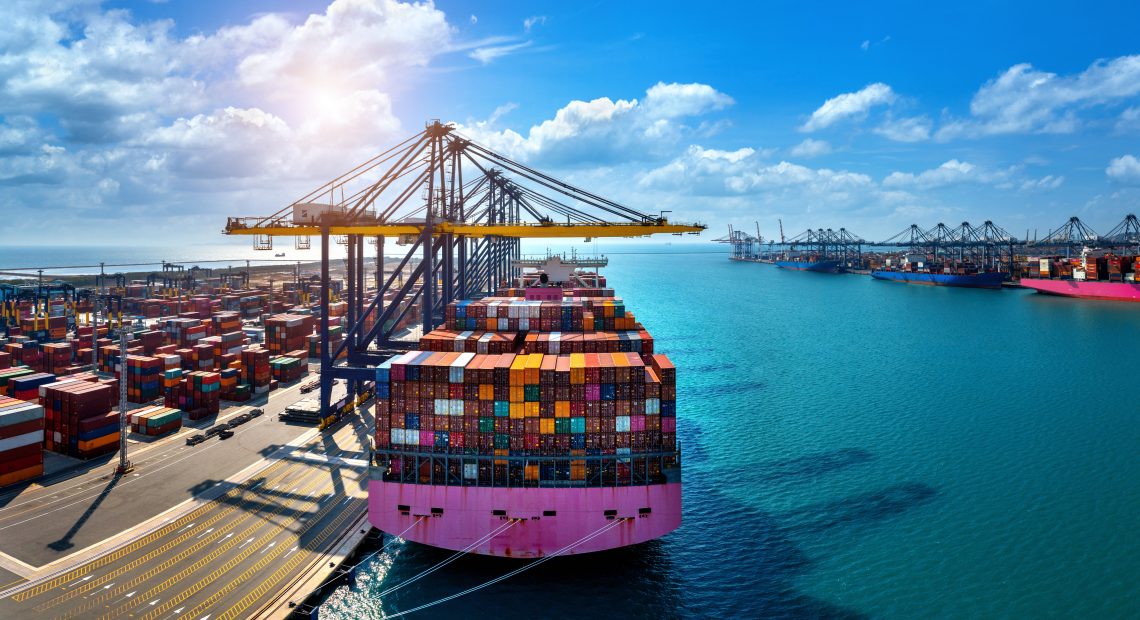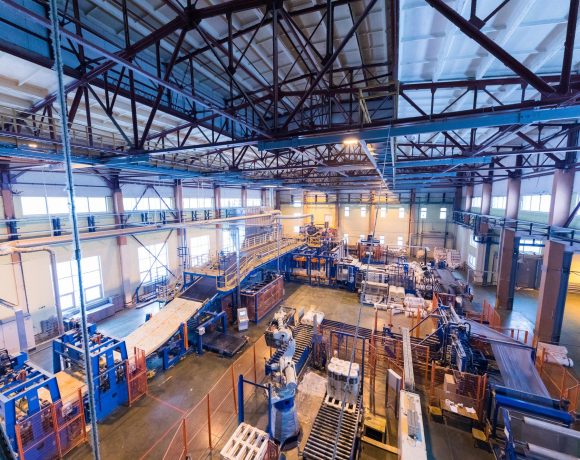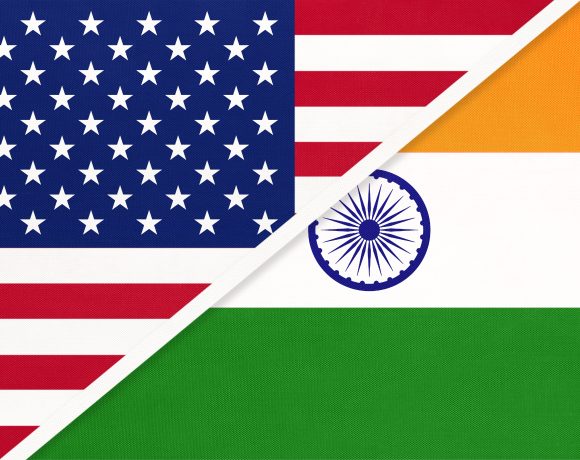
Experts Predict Global Trade Disruptions Under Trump 2.0
Global trade dynamics are poised for substantial shifts in 2025, influenced by escalating geopolitical tensions, the possibility of renewed US-led trade wars under President Donald Trump’s second term, China’s industrial overcapacity, rising sustainability demands, and rapid advancements in artificial intelligence (AI). Experts emphasize that Indian exporters and importers must collaborate closely with the government to navigate these challenges effectively.
Deep Kapuria, a trade expert and Chairman of Hi-Tech Gears, highlights the transformative potential of AI in trade logistics, supply chain management, and the creation of new AI-powered goods. He asserts that digital transformation driven by AI is set to boost services trade and may also create whole new categories of tradable AI-powered goods, from autonomous vehicles to robotics and beyond.
In light of potential US-China trade tensions, SK Saraf, founder chairman of Technocraft Industries, urges Indian industries to invest in new-age technologies to enhance competitiveness. He notes that higher tariffs on Chinese goods by the US could open up significant opportunities for Indian exporters in the American market.
However, Kapuria cautions that retaliatory measures from Washington could disrupt global supply chains, trade, and foreign direct investment (FDI). He also points to recent global shocks, including the Covid-19 pandemic, the Russia-Ukraine war, and tensions in the Middle East, which have prompted nations to reevaluate their trade relationships and seek partnerships aligned with their economic and security priorities.
Furthermore, with an increased focus on sustainability, countries must align their trade policies with global environmental goals to remain competitive. Large economies, such as the European Union, are leveraging trade agreements to push sustainability agendas in partner countries, making it imperative for businesses, particularly in developing countries, to meet environmental and social sustainability standards.
In summary, the convergence of geopolitical uncertainties, protectionist trade policies, technological advancements, and sustainability imperatives is set to redefine international trade in the coming years. Stakeholders, especially in emerging economies like India, must proactively adapt to these evolving dynamics to maintain and enhance their positions in the global market.


















